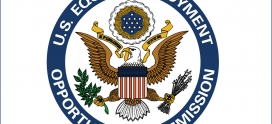Employment Law: Whistleblowers and Health Care Fraud
There are several obstacles to detecting fraud in health care. For example, a patient will have treatment described in a medical chart but will have diagnostic billing codes in a separate billing statement. While a
Since these two pieces of information are together in the medical facility that provided treatment, billing workers in these offices are most likely to know if fraud is occurring. Detecting fraud depends on honest medical workers disclosing their concerns.
The law that makes it possible to expose billing fraud is the False Claims Act (FCA), which dates back to 1863 and was originally passed to control fraud in military procurement during the Civil War. In cases such as this, the legal dispute is
In the FCA, a provision known as qui tam addresses this. The whistleblower is called a relator and is allowed to join a suit
Taking on a medical fraud case through the FCA is a big step. Before doing so, it is advisable to understand the full impact of such a decision and to have family support. If litigation is pursued, strong, experienced representation is critical. Please contact us.



